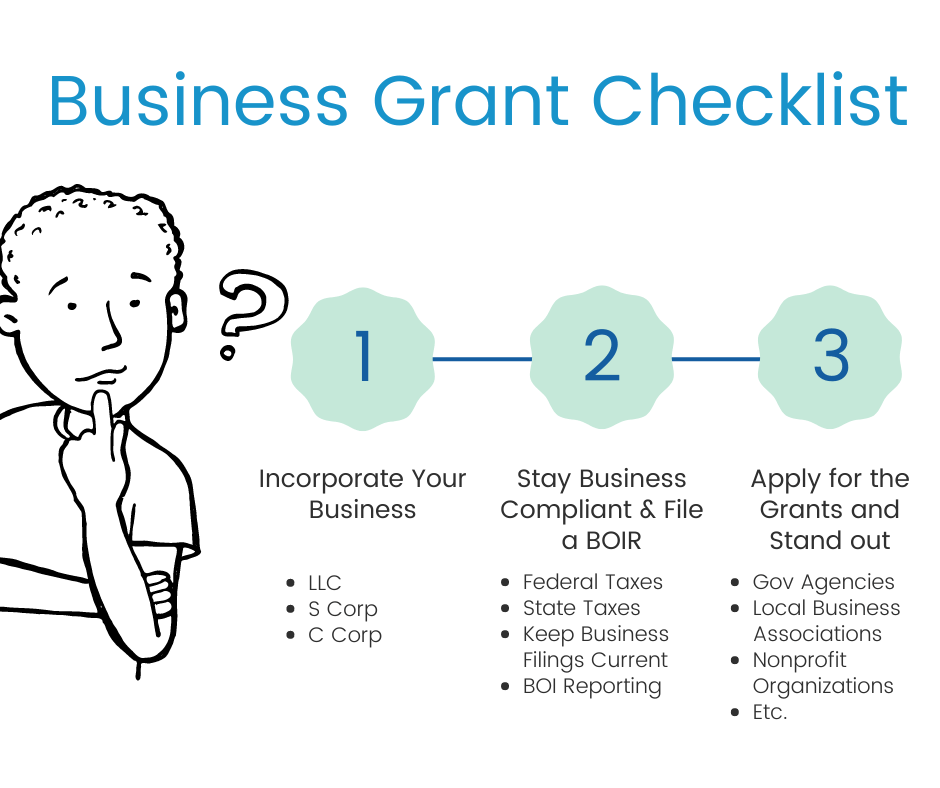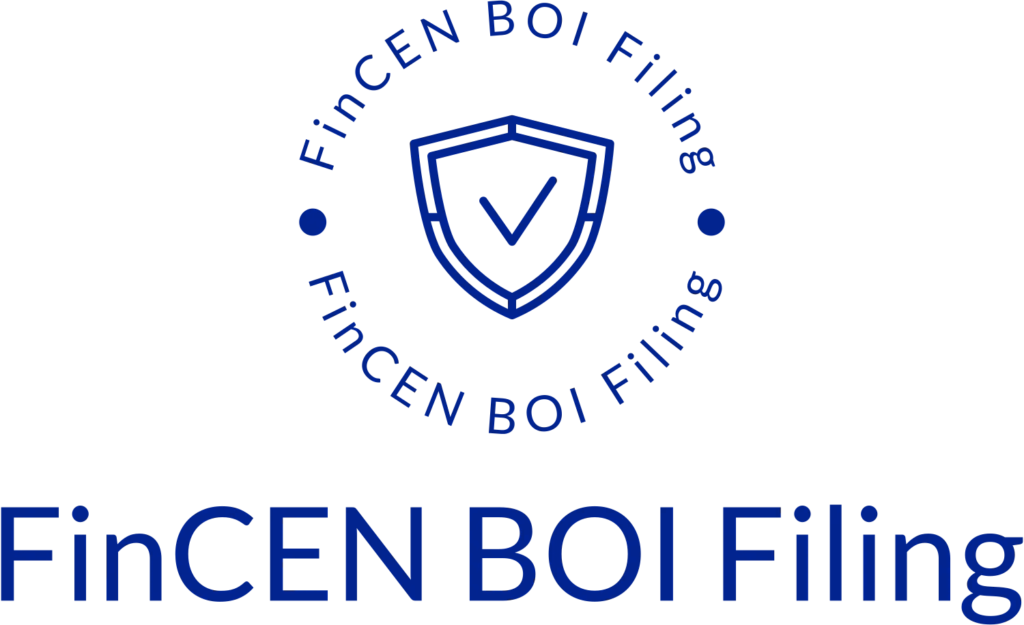Hey there, fellow Michiganders! If you’re a small business owner in the Great Lakes State looking for a financial boost, you’re in luck – we’re about to dive into the world of small business grants right here in our mitten-shaped home.
Whether you’re running a cozy café in Traverse City, launching a tech startup in Ann Arbor, or crafting artisanal goods in Detroit, there’s potential funding waiting to be tapped. In this article, we’ll explore where to find these golden opportunities and walk you through the steps to qualify faster than a Lions quarterback scrambling for a touchdown. So grab your favorite Vernors, settle in, and let’s uncover the secrets to securing those Michigan-made business grants!
Where to Search for Small Business Grants in Michigan
Michigan’s entrepreneurial landscape is ripe with possibility, waiting for savvy business minds to uncover its hidden gems. With a little digging and the right resources, ambitious go-getters can tap into a treasure trove of grants and support systems designed to fuel their dreams and ignite economic growth across the Great Lakes State.
Some Michigan Local Resources Include:
Michigan’s Small Business Association: The SBA in Michigan is full of resources for entrepreneurs with big dreams and empty pockets. They offer various funding options, from loans to grants, that can help turn your business idea from a twinkle in your eye to a thriving enterprise. Their expert guidance can differentiate between a funding flop and a financial flourish.
The Michigan SBA doesn’t directly offer grants, but it provides information on various grant opportunities available through other organizations and government agencies. These grants often target specific industries or demographics, such as women-owned businesses, minority-owned enterprises, or innovative tech startups. While the eligibility criteria vary, most require a solid business plan and a compelling case for how the funds will be used to grow your business and contribute to the local economy.
Michigan’s Economic Development Agency: The Great Lakes State’s economic powerhouse is abundant for aspiring entrepreneurs. With a smorgasbord of resources, from mentorship programs to funding opportunities, this agency is like a startup’s fairy godmother, ready to sprinkle some magic dust on your business dreams.
Michigan’s Economic Development Agency offers the Business Accelerator Fund, a grant program designed to support high-tech startups. This financial boost is available to companies working with participating business accelerators in the state. To qualify, you must develop innovative technologies in sectors like advanced manufacturing, life sciences, or information technology. It’s like winning a golden ticket to Willy Wonka’s factory, but you get the sweet taste of business success instead of chocolate.
Michigan’s Chamber of Commerce: The Michigan Chamber of Commerce is a goldmine for entrepreneurs seeking funding opportunities. They offer a comprehensive database of financial resources, including loans, grants, and investment programs tailored to Michigan-based businesses. Their expert advisors can guide you through the application process and help you find the perfect funding match for your venture.
The Michigan Chamber of Commerce offers a Small Business Growth Grant program for eligible businesses. This grant provides up to $10,000 in matching funds for projects that will create or retain jobs. To qualify, businesses must have fewer than 50 employees, be located in Michigan, and demonstrate a clear plan for growth and economic impact.
Don’t Miss This Essential Small Business Grant
We’re always on the lookout for opportunities that can help small businesses thrive. The Match on Main Street Program, offered by the Michigan Economic Development Corporation, is a fantastic initiative to support vibrant downtown areas across Michigan. This grant program provides funding to local communities, which in turn can offer financial assistance to small businesses looking to start up or expand in their traditional downtown or commercial districts. It’s a win-win situation that helps individual entrepreneurs and contributes to the overall economic growth and revitalization of local communities.
To be eligible for this grant, businesses must meet certain criteria set by the program. While specific requirements may vary, generally, applicants need to be located within a traditional downtown or commercial district, have fewer than 25 full-time employees, and generate less than $1.5 million in annual revenue. The program also looks for businesses to positively impact the local community and contribute to the area’s economic development goals. If you want to learn more about the Match on Main Street Program and how it could benefit your business, click here for detailed information on eligibility, application process, and funding details.
Top Resources for Finding More Grants
When looking for small business grants, it may benefit you to look beyond the boundaries of Michigan. Skip is your one-stop platform for discovering and securing the funding you need to start or grow your business. With thousands of grants ranging from $1,000 to $25,000, finding the perfect opportunity is just a click away.
Imagine having access to a user-friendly dashboard where you can track and apply for grants tailored to your business in Michigan. Skip’s AI-assisted grant writing tool helps craft compelling applications that stand out, and with instant feedback, you can ensure your submission is top-notch every time.
Join the thriving community of entrepreneurs who have already reaped the benefits of Skip. With over $300,000 in grants donated and strong partnerships with government agencies and non-profits, Skip is dedicated to your success. Take the first step today and turn your business dreams into reality – Click Here to get started with Skip.
Ready to Apply? Here’s How to Qualify for Grants
As an entrepreneur in Michigan, it’s crucial to understand that incorporation is often a prerequisite for qualifying for small business grants, both at local and national levels. Many organizations offering grants require businesses to be formally incorporated before considering their applications. This requirement ensures that the business has a legal structure and demonstrates a level of commitment and professionalism. Incorporating your business opens doors to potential grant opportunities and provides additional benefits such as liability protection and potential tax advantages.
Regarding incorporating your business, we have found that Northwest Registered Agent stands out as the best option for entrepreneurs. Their expertise in handling the incorporation process and their exceptional customer service make them an ideal choice for business owners looking to establish their legal entity. Northwest Registered Agent offers a streamlined approach to incorporation, ensuring that all necessary paperwork is filed correctly and efficiently. This allows you to focus on growing your business while they handle the legal formalities.

How Compliance Affects Your Eligibility for Business Grants
Compliance isn’t just a box to check; it’s your ticket to opportunity. For Michigan entrepreneurs, it’s the key to grants and funding. Staying on top of federal and state taxes and keeping your business registration current isn’t just good practice—it’s essential for growth.
The Corporate Transparency Act adds a new layer to this compliance puzzle, requiring businesses to reveal their beneficial owners. This isn’t just another bureaucratic hoop; it safeguards against hefty penalties that could derail your business dreams. Smart entrepreneurs see this not as a burden but as a chance to demonstrate their commitment to transparency and integrity.
That’s where we come in. Navigating the Beneficial Ownership Information Reporting (BOIR) requirements can be daunting, but our website simplifies the process. We offer a secure and straightforward filing experience with a direct connection to FinCEN, ensuring your information is handled with the highest level of security. Our platform makes compliance effortless so you can focus on growing your business.
Don’t let penalties slow your business down. Failing to comply with Beneficial Ownership Information Reporting (BOIR) requirements can result in severe consequences. If you fail to file, you could be subject to the following penalties:
- Fines of up to $500 per day for failure to file BOIR
- Cumulative penalties reaching up to $10,000
- A person who willfully violates the BOI reporting requirements may be subject to criminal penalties of up to two years imprisonment.
Not sure if you have a BOIR filing requirement? Please take our quick BOI eligibility quiz to determine whether you need to file and ensure you comply with regulations.
Ending Note: Effective Strategies for Grant Success in Michigan
In the end, business success often comes down to resourcefulness and persistence. Michigan entrepreneurs have many grant opportunities at their fingertips, but tapping into them requires effort and savvy. Remember that rejection is part of the process – even the most successful companies face setbacks early on. What matters is continuing to seek out resources, build relationships, and refine your pitch. With time and tenacity, you may find the funding to realize your business dreams. The entrepreneurship journey is rarely easy, but it can be enriching for those willing to put in the work.
For all of you out there who haven’t yet tackled your BOIR, the time to act is now. Procrastination won’t get you anywhere, but taking just a few minutes to complete our straightforward form will. Don’t let this critical step in your compliance journey slip through the cracks—get it done and confidently move forward.
Frequently Asked Questions
Have questions about the Beneficial Ownership Filing process? Check out FinCEN BOI Filing's frequently asked questions for the answer.
What is a BOI report?
A Beneficial Ownership Information (BOI) report is a filing required by FinCEN to disclose key details about individuals who own or control a company, ensuring compliance with anti-money laundering laws and enhancing corporate transparency. Filing a BOI takes 5-10 minutes and can be done here.
When does the CTA become effective?
The Corporate Transparency Act (CTA) reporting requirements take effect on January 1, 2024. Business entities established before this date have until January 1, 2025, to meet the reporting obligations.
Are there penalties for not filing a BOI report?
Yes, failing to file a BOI report can result in substantial penalties, including hefty fines and potential legal repercussions. Learn more about the BOI deadlines and non-filing BOI penalties.
How do I file a BOI report?
Filing a BOI takes about 5-10 minutes and can be done here. If you’re not sure if you are required to file, you can take the one minute BOI Eligibility Quiz.
Who is considered a beneficial owner?
A beneficial owner is any individual who either:
- Directly or indirectly exercises substantial control over the reporting company, or
- Directly or indirectly owns or controls 25% or more of the company’s ownership interests.
Substantial control includes the power to direct, influence, or determine significant decisions of the company. This may involve senior officers or individuals with authority to appoint or remove senior officers or a majority of the board.
Ownership interests encompass rights that establish ownership in the company, ranging from basic stock shares to more complex financial instruments.
For more details on “substantial control” and “ownership interests,” refer to our guide on complex ownership structures.
How do BOI reports get submitted to FinCEN?
We submit reports through a secure API connection directly with FinCEN’s Beneficial Ownership Secure System (BOSS). This integration allows for seamless and efficient filing of Beneficial Ownership Information reports, reducing the time it takes to complete and submit a report.
Our user-friendly form is designed to minimize errors by guiding you through the process with clear prompts and checks. Additionally, by using the secure API connection, we ensure that your data remains private and protected throughout the submission process, adhering to the highest security standards.
Who can access the beneficial ownership information?
The beneficial ownership information will be accessible only to authorized government agencies, such as law enforcement and regulatory authorities, for the purpose of combating money laundering, fraud, and other financial crimes.
This data is not publicly available and is used solely for compliance with legal and regulatory requirements. Only those with a legitimate need, as defined by the law, will be able to access this information to ensure transparency and uphold national security.
You can read more about keeping your personal information private when filing your BOIR.
Do I need to file a BOIR annually?
No, you do not need to file a Beneficial Ownership Information Report (BOIR) annually. However, you are required to update and file a new report if there are any changes to the beneficial ownership or company applicant information, such as changes in ownership or control. The report must be filed when there are material updates, but there is no annual filing requirement unless changes occur.
What information is required in a BOI report?
Type of Report
The reporting company must specify the type of report being submitted: an initial report, a correction of a prior report, or an update to a prior report.
Company Information
The reporting company must provide the following details:
- Legal Name: The official name of the company.
- Trade Name: Any “doing business as” (DBA) names used by the company.
- Address: The current street address of its principal place of business. If the principal place of business is outside the U.S., the company must report the address from which it conducts business in the U.S.
- Taxpayer Identification Number (TIN): This includes an EIN, SSN, or ITIN, as appropriate.
Beneficial Owner Information
The reporting company must provide the following details for each beneficial owner:
- Legal Name: The individual’s full legal name.
- Date of Birth: The individual’s date of birth.
- Address: The individual’s residential street address.
- Identification Document: A unique identifying number from an acceptable identification document, the issuing state or jurisdiction, and an image of the document.
Company Applicant Information (if required)
For reporting companies created on or after January 1, 2024, the following information about the company applicant must be provided:
- Address: The individual’s residential street address. If the applicant forms or registers companies as part of their business (e.g., paralegals), the business address can be used. The address does not need to be in the U.S.
- Identification Document: A unique identifying number from an acceptable identification document, the issuing state or jurisdiction, and an image of the document.
Who needs to file a BOI report?
Most businesses are required to file a BOI report, with exceptions for 23 specific categories, such as publicly traded companies and other regulated entities. To learn more about these exemptions and determine if your business needs to file, read this article.
When is the BOI report due?
- Companies formed or registered before January 1, 2024, must file an initial BOI report by January 1, 2025.
- Companies formed or registered in 2024 must file a BOI report within 90 days of receiving actual or public notice of their formation or registration.
- Companies formed or registered on or after January 1, 2025, must file their initial BOI report within 30 days of receiving actual or public notice.
You can learn more about the BOI deadlines here.
What is type of ID is required?
Acceptable identification documents include the following:
- A valid, unexpired driver’s license issued by a U.S. state or territory.
- A valid, unexpired ID card issued by a U.S. state, local government, or Indian Tribe for identification purposes.
- A valid, unexpired passport issued by the U.S. government.
- If none of the above is available, a valid, unexpired passport issued by a foreign government may be used instead.
An identification document must be collected for each beneficial owner.
For companies formed after 2023, an ID must also be provided for the company applicant.
Who is a company applicant?
A company applicant is the individual responsible for creating or registering a company. Specifically, it includes:
- The individual who directly files the document to form or register the entity with the relevant state or tribal authority, such as the Secretary of State.
- The individual primarily responsible for directing or controlling the filing process, even if they are not the one submitting it.
For companies formed or registered after January 1, 2024, this information must be reported as part of the Beneficial Ownership Information Report (BOIR).
Is it necessary to use a certified public accountant (CPA) or other professional to submit a BOI report?
Most individuals will be able to submit their Beneficial Ownership Information reports directly without needing assistance from attorneys or CPAs. Our streamlined, user-friendly form guides you through the process, making it simple to provide the required information accurately and efficiently.
Is a company required to update and correct information that is no longer accurate?
Yes, a company is required to update or correct its beneficial ownership information whenever it is no longer accurate. If there are any changes to the company’s beneficial owners or company applicant information, such as a change in ownership percentages or control, the company must file an updated report with the correct details. This ensures that the information on record remains accurate and compliant with the reporting requirements, helping to maintain transparency and reduce the risk of misuse.
Will I receive a confirmation of submission after submitting the BOIR?
After submitting your BOIR through our website, you will receive an email containing a unique submission process ID, confirming that your submission has been successfully received.
The email will also notify you once FinCEN has accepted your report. In rare instances, if your submission is rejected, we will inform you of the reason and provide a link to resubmit the corrected information.
You can track the status of all your submissions through our BOIR tracking page, ensuring you stay updated on the progress of your report. Most submission have a confirmed acceptance within a few minutes of submission.





